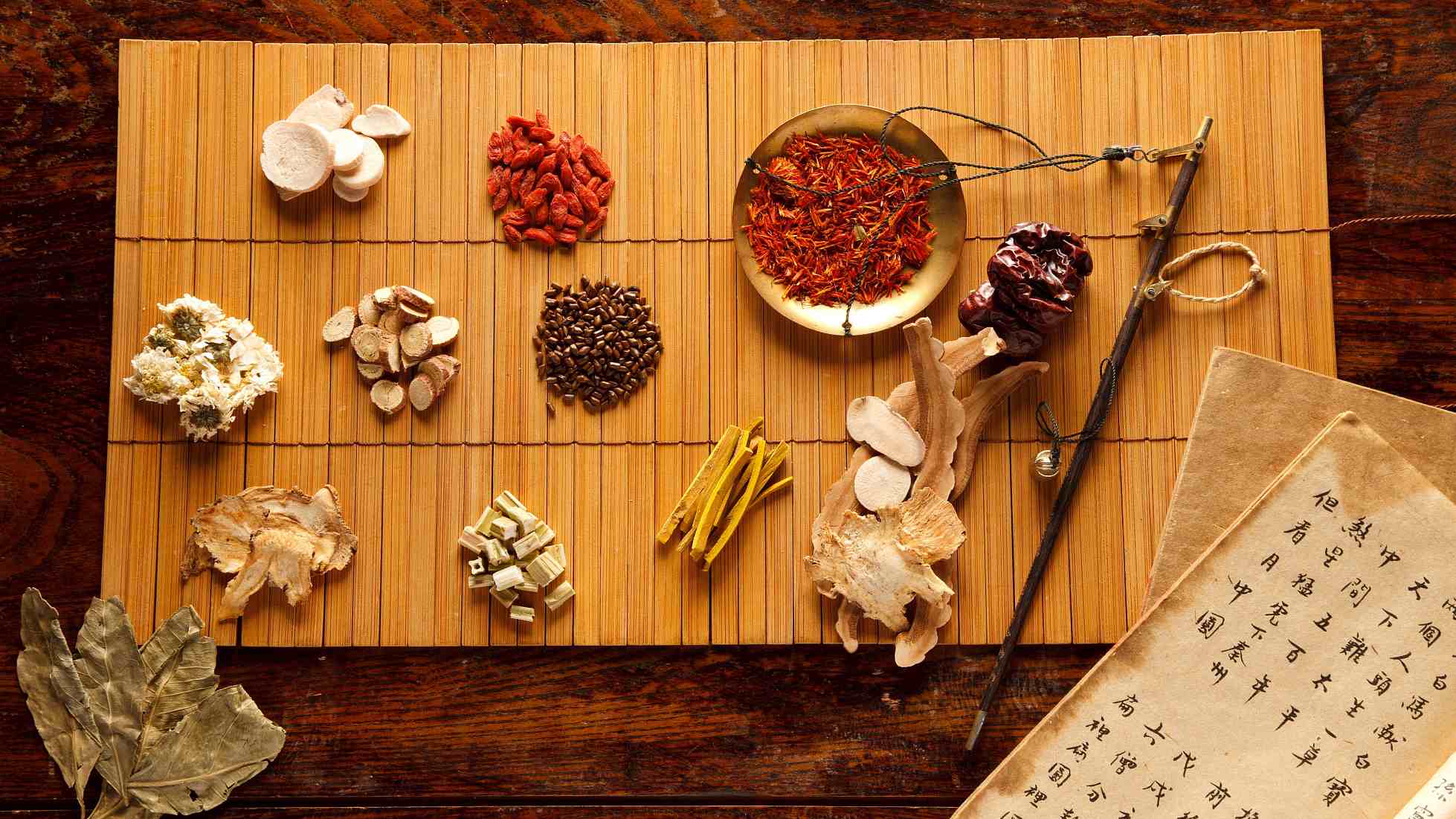
Travel
11:49, 12-Oct-2018
Overseas KOLs help promote TCM tourism
Updated
11:45, 15-Oct-2018
CGTN

China has been cultivating Key Opinion Leaders (KOL) to promote traditional Chinese medicine (TCM) tourism, and the experiment is paying off well.
In mid-September, a group of overseas KOLs gathered in Beijing as guests of the Beijing Municipal Commission of Tourism Development to experience traditional Chinese medicine, in its wide variety of forms such as acupuncture, ear candling, cupping, tai chi, herbal pill preparation, and medicinal sachet making.
The group, coming from Russia, Spain, Mexico, and Malaysia, had the opportunity to engage with local TCM practitioners to better understand how treatment and services can be rendered. TCM tourism has been promoted to – and well received by – China's aging urban population keen on a healthy retirement lifestyle.
The appeal to affluent middle-class seniors is natural, as it is them who most desire to return to their essential roots and detach from the modern hustling. But the idea of promoting TCM to foreigners is relatively new, which is why China is leveraging the experiment on overseas KOLs.
In March, China announced the country's first batch of TCM tourism industry bases. As a joint effort by the China National Tourism Administration and the State Administration of Traditional Chinese Medicine, 73 TCM tourist destinations were announced and expected to attract droves of visitors from home and abroad.
The integration of TCM with tourism offers an opportunity where overseas KOLs can discover cool destinations and fun experiences. There are, however, caveats when attracting potential foreign tourists. The sometimes enigmatic potency of TCM, in its many exotic forms, comes with both charm and pitfalls.

Acupuncturist working on patient /VCG Photo
Acupuncturist working on patient /VCG Photo
When it comes to TCM, there has been a lot of hype about its miraculous curing powers, to the extent of being supernatural; there are many myths and misunderstandings that undermine TCM's credibility. Basically, the philosophical foundation of TCM, expressed in terms like "yin-yang" and "wuxing (the five phases)," is totally different from modern Western medical science.
Though there is a huge scientific debate about TCM's philosophical roots, many forms of traditional Chinese medicine such as acupuncture and herbal nutrients have long been proven effective through solid empirical evidence. Indeed, just like yoga from India, TCM is appealing to global audiences keen on exploring different and innovative ways to improve their health and wellness.
Therefore, the strategy to convince KOLs first is a clever one, in that the message about TCM, its potency, effects and related touristic activities will be delivered by communications experts with subtlety and nuances to ensure both adherence to scientific rigor and an effective pitch.
TCM tourists destinations across China must also be staffed by personnel who have the necessary knowledge and sensitivity to provide international customers with quality service based on sound science. There are many ways TCM can help, nurture, cure, and care for the sick and the infirm, and there are TCM businesses and practitioners who look to offer sales and service beyond China.
There is every reason for TCM-themed tourism to be both fun and conducive to a healthy body and mind. Overseas KOLs can help convey the right message and let international customers looking for new and innovative medicine benefit from their trip to China.
Source(s): Global Times

SITEMAP
Copyright © 2018 CGTN. Beijing ICP prepared NO.16065310-3
Copyright © 2018 CGTN. Beijing ICP prepared NO.16065310-3